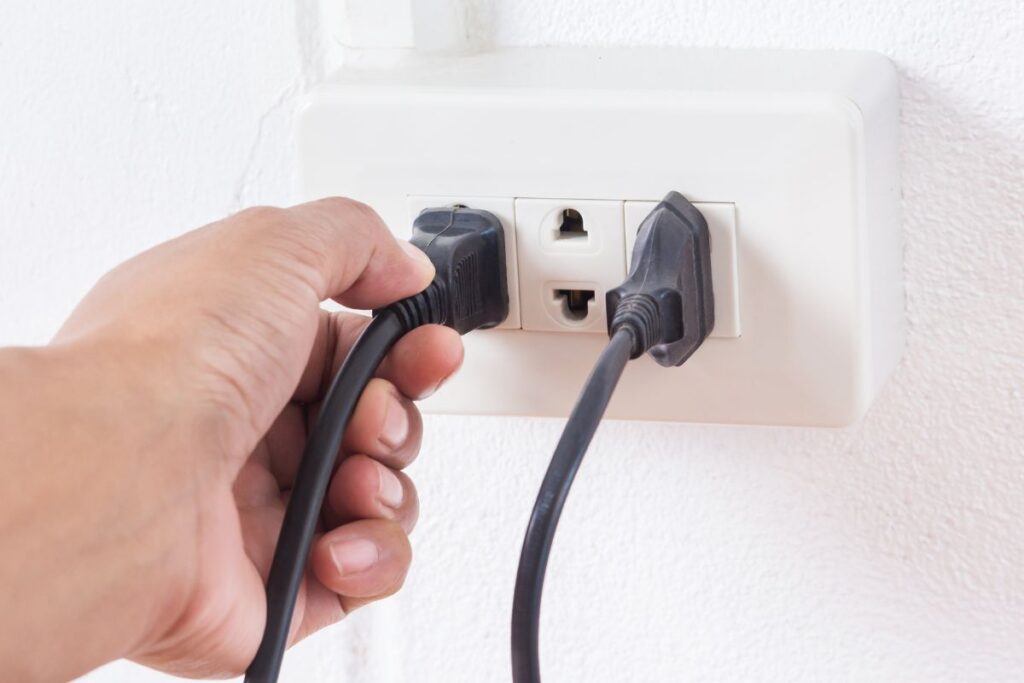16 Frugal Habits You May Have Overlooked
Living frugally isn’t just about cutting costs; it’s a lifestyle choice that emphasizes smart spending, saving, and thoughtful resource management. While some strategies are well-known, there are many overlooked habits that can greatly improve your financial well-being.
From shopping and cooking to travel and entertainment, these tips can help you save money and live more intentionally.
Shop Sales to Inspire Meal Planning

Instead of sticking rigidly to a predetermined meal plan, let grocery store discounts guide your choices. Planning meals around sale items not only cuts grocery costs but also encourages culinary creativity. By focusing on discounted ingredients, you can experiment with new recipes while reducing waste. This approach aligns your meal plans with your budget, ensuring every dollar stretches further.
Maximize Time and Savings with Batch Cooking

Set aside time for batch cooking to prepare meals in advance and avoid expensive takeout. Cook large portions of your favorite dishes, then freeze them in individual servings for easy, cost-effective meals. Buying ingredients in bulk saves money, while having ready-made options reduces daily cooking stress. Batch cooking ensures you always have affordable, homemade meals on hand.
Save Big with Homemade Cleaning Solutions

Create effective, natural cleaning products at home using affordable ingredients like vinegar, baking soda, and lemon. These DIY solutions are safe, eco-friendly, and just as effective as store-bought cleaners. By making your own, you eliminate the need for costly chemical cleaners while also reducing your environmental footprint. It’s a simple, sustainable swap that saves money over time.
Earn Travel Perks with Frequent Flyer Miles

Join airline loyalty programs and use credit cards that reward purchases with miles to cut travel expenses. Accumulated points can be redeemed for free or discounted flights, hotel stays, and upgrades. Many credit cards also offer sign-up bonuses that give your travel savings a boost. By strategically using these programs, you can make vacations or business trips more affordable.

Borrowing or lending items like tools, books, or toys through community-sharing networks can save you money and promote sustainability. Instead of buying items you’ll use infrequently, access them through neighbors or online sharing platforms. This approach minimizes waste, fosters community relationships, and helps you save money by avoiding unnecessary purchases.
Refresh Your Wardrobe with Clothing Swaps

Organize or participate in clothing swaps to update your wardrobe without spending money. By exchanging items you no longer wear for new-to-you pieces, you can explore fresh styles at no cost. Swapping clothing with friends or within your community reduces waste, declutters your closet, and fosters meaningful connections.
Diversify Meals with Meal Exchanges

Coordinate with friends or neighbors to trade homemade meals. Each participant cooks a large batch of one dish and shares portions with the group, offering a variety of ready-to-eat meals throughout the week. This method saves time, introduces you to new recipes, and makes meal preparation more enjoyable.
Cultivate Your Own Herb Garden

Grow fresh herbs at home to enhance your cooking and save on grocery expenses. A small herb garden is easy to maintain and provides a steady supply of flavorful additions to your meals. Beyond the financial benefits, gardening can be a therapeutic activity that connects you with nature and your food.
Save More with Cashback Apps

Install cashback apps to earn money back on purchases you’re already making. These apps offer rewards for shopping at partnered stores, both online and in-person. Over time, the savings add up, allowing you to stretch your budget even further. Look for apps with exclusive deals to maximize your benefits.
Lower Bills by Negotiating

Take the time to call your service providers and negotiate lower rates for utilities, internet, or cable. Companies often offer discounts to loyal customers who inquire. Researching competitor rates beforehand can give you leverage during negotiations. Even if you can’t lower your bill, you may secure added perks or benefits at no extra cost.
Reduce Energy Costs by Unplugging Electronics

Unplug devices when they’re not in use to avoid unnecessary energy consumption. Many electronics draw power even when switched off, adding to your electricity bill. Use power strips to easily disconnect multiple items at once, saving energy and extending the lifespan of your electronics.
Try Meal Subscription Services

While they may seem pricey initially, meal subscription services can save money in the long run by providing pre-portioned ingredients that eliminate food waste. These services streamline meal planning and grocery shopping, offering convenience and cost savings, especially for those with busy schedules.
Enjoy Free Local Entertainment

Take advantage of free community events like concerts, festivals, and outdoor activities. Local parks and libraries often host no-cost programs that provide enriching experiences for all ages. Staying informed about nearby events helps you enjoy entertainment without spending a dime.
Choose Public Transportation

Opt for public transit or carpooling to reduce commuting costs. These alternatives save money on gas, parking, and maintenance while also reducing wear and tear on your vehicle. Using public transportation is also an environmentally friendly option that benefits your wallet and the planet.
Practice Saying No to Impulse Buys

Train yourself to pause before making impulsive purchases and evaluate whether the item is truly necessary. Developing this discipline helps you avoid overspending and stay aligned with your financial goals. Redirecting money from impulse buys to savings or investments can lead to long-term benefits.
Host No-Spend Challenges

Challenge yourself to spend nothing beyond essentials for a set period, such as a week or a month. These challenges help identify spending habits you can adjust while freeing up money for savings. By getting creative with what you already have, no-spend challenges foster gratitude and financial mindfulness.







